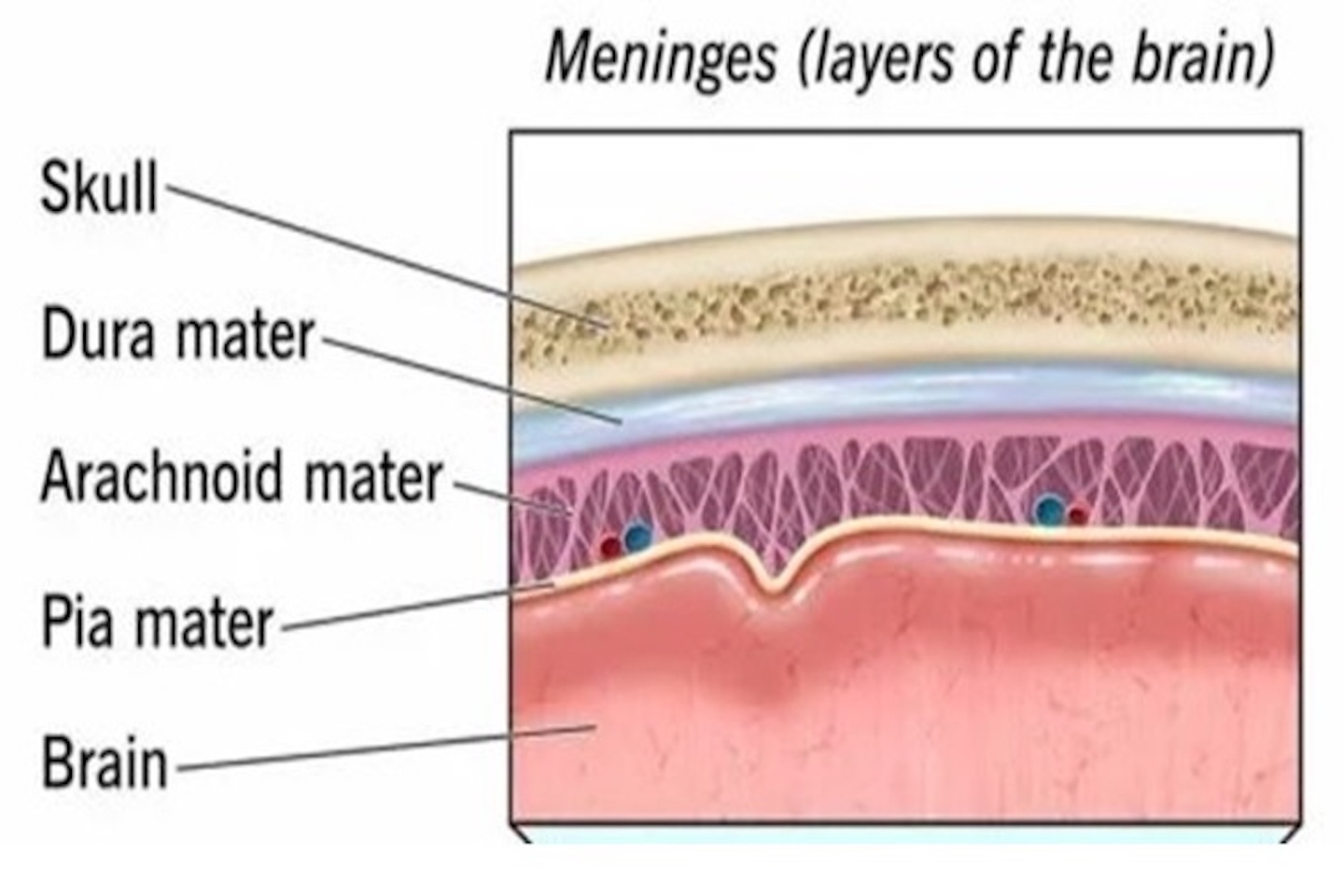World Brain Tumour Day- 8th June 2025
Early Detection Saves Lives, Says Neurosurgeon Dr. Samir Parekh
India
healthysoch
Mumbai/New Delhi, June 2025:
 On World Brain Tumour Day, observed annually on June 8, the medical community highlights the urgent need for awareness, early diagnosis, and better management of brain tumours — conditions that often go unnoticed until they cause significant neurological damage. Brain tumours affect thousands of people every year in India, ranging from benign to aggressive malignant forms. Among them, meningiomas are the most common primary brain tumours, particularly seen in women aged 40–70. Globally, brain tumours account for a significant portion of neurological diseases, with approximately 300,000 new cases diagnosed each year. In India, around 40,000 to 50,000 cases are reported annually — and rising.
On World Brain Tumour Day, observed annually on June 8, the medical community highlights the urgent need for awareness, early diagnosis, and better management of brain tumours — conditions that often go unnoticed until they cause significant neurological damage. Brain tumours affect thousands of people every year in India, ranging from benign to aggressive malignant forms. Among them, meningiomas are the most common primary brain tumours, particularly seen in women aged 40–70. Globally, brain tumours account for a significant portion of neurological diseases, with approximately 300,000 new cases diagnosed each year. In India, around 40,000 to 50,000 cases are reported annually — and rising.When it comes to brain tumours, the word “benign” can be misleading. One of the most common types — meningiomas — may grow slowly, but they can still cause serious and lasting neurological damage if left untreated. A meningioma is a typically slow-growing, extra-axial tumour that arises from the meninges, the protective layers covering the brain and spinal cord. These tumours account for 30–40% of all primary brain tumours in adults, with a strong prevalence among women aged 40 to 70 years.
“Meningiomas are often labelled harmless, but that’s not always the case,” explains Dr. Samir Parekh, Neurosurgeon from the Apex Group of Hospitals, Mumbai.
Dr. Samir Parekh Neurosurgeon added, If located near vital brain structures, even a benign meningioma can lead to disabling symptoms. The earlier we detect it, the better the outcome — both functionally and surgically.
Origin and Risk Factors: Meningiomas originate from arachnoid cap cells and are most often benign (WHO Grade 1). However, some can behave more aggressively — Grade 2 (atypical) and Grade 3 (anaplastic/malignant) — with faster growth and higher recurrence risk. Their development has been linked to NF2 gene mutations, hormonal influences (especially in women), and prior radiation exposure to the brain.
While many meningiomas are found incidentally on imaging, symptomatic tumours can cause a range of issues depending on their size and location. These include:Chronic
headaches, Seizures, Vision problems, Limb weakness or sensory changes, Cognitive decline or personality changes, Loss of coordination, Cranial nerve deficits. Diagnosis typically involves a contrast-enhanced MRI of the brain. A CT scan may also be used, particularly to evaluate bone involvement.
Treatment of choice is surgical excision, which includes removal of the tumour, surrounding dura, and affected bone if needed. This approach greatly reduces recurrence risk.
Dr. Samir Parekh, Neurosurgeon from Apex group of Hospitals adds, “The good news is, most meningiomas, once completely removed, do not come back. The key is not to delay. If you’re experiencing persistent neurological symptoms, don’t brush them off — get evaluated. At Apex Group of Hospitals , our focus is not just on removing the tumour, but also on preserving function and quality of life. Using cutting-edge tools and surgical precision, we ensure safe outcomes and faster recovery for our patients.With advances in neurosurgery and imaging, most patients recover fully and lead normal lives post-treatment. However, early detection remains the most powerful tool in managing these common yet potentially serious brain tumours.”







